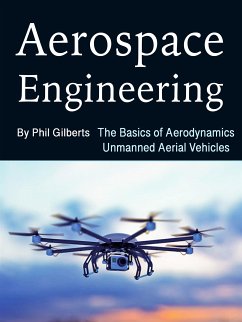Aerospace engineering encompasses a broad range of disciplines, including aerodynamics, which studies how air flows around objects like aircraft wings; propulsion systems, which power vehicles through the atmosphere or space; materials science, which focuses on developing lightweight yet durable materials for aerospace applications; and avionics, which involves designing and implementing electronic systems for navigation, communication, and control.
Additionally, aerospace engineers work on structural design to ensure that vehicles can withstand the stresses of flight and space travel, as well as thermal management to regulate temperatures in extreme environments. They also contribute to the development of guidance and control systems to maintain stability and control during flight.
Moreover, aerospace engineering extends beyond Earth's atmosphere, with space exploration being a significant area of focus. This includes designing spacecraft for missions to satellites, communication and observation, etc. Overall, aerospace engineering plays a crucial role in advancing our understanding of the universe and expanding our capabilities beyond the confines of our planet.
Additionally, aerospace engineers work on structural design to ensure that vehicles can withstand the stresses of flight and space travel, as well as thermal management to regulate temperatures in extreme environments. They also contribute to the development of guidance and control systems to maintain stability and control during flight.
Moreover, aerospace engineering extends beyond Earth's atmosphere, with space exploration being a significant area of focus. This includes designing spacecraft for missions to satellites, communication and observation, etc. Overall, aerospace engineering plays a crucial role in advancing our understanding of the universe and expanding our capabilities beyond the confines of our planet.








